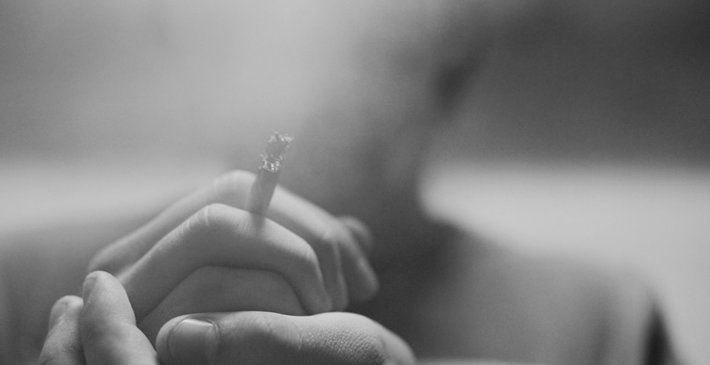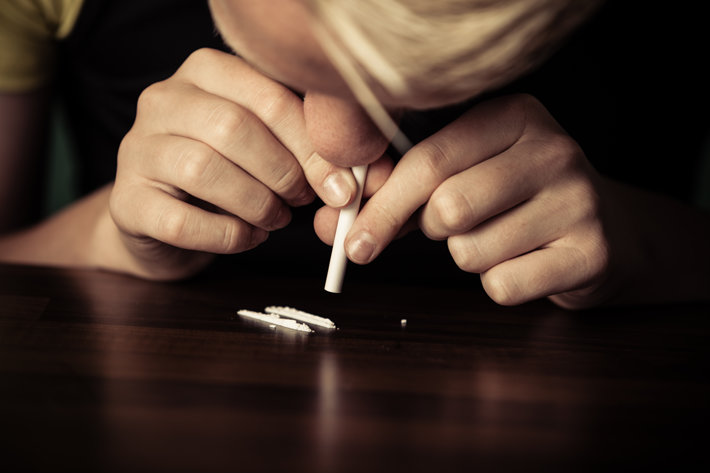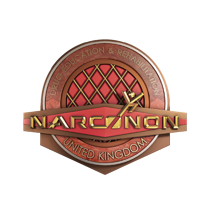One of the Things I’m Proudest About in My Family
I have two members of my family who got all the way through school, one private, one public, without touching any drugs, because of talks I had with them when they were quite young.

My first story is about a boy who was eleven at the time. His family are quite well off, he was in private school and is an artist, so it’s no surprise at that age he’d already started to smoke marijuana. From the way he was dressing and talking I instantly knew he was smoking weed so I talked with him about it, with a bit of a stutter in his speech he admitted it, but brushed my advice against it off as if it wasn’t serious. I was in the family home and didn’t want to make a scene so didn’t push it further and left, disappointed at myself. On my walk home I thought about how when I was a bit older than him I started smoking joints and how I also didn’t think much of it, but it lead me to much more dangerous drugs, so I called him back and gave him the full truth—I told him that he was acting slow and stuttering because of the weed. It was interesting because I just totally put the truth where he was able to see it and he didn’t like it—he couldn’t get away from the actual truth that was sitting there, and he stopped taking dope forever after that, which is one of the things I’m proudest about in my family.

The second story also concerns a boy at about the same stage. But at public school, and to my shock, he’d been experimenting with hard drugs when he was just 10—Cocaine and Ecstasy. With him, I asked him to tell me all the ways he felt drugs helped him, I persisted against his complaints that he knew they didn’t help until I got him telling me how he felt the drugs he was using were beneficial. He’d told me all the ways the drugs helped and I listened, didn’t judge and just acknowledged him—what I was doing was letting him be right about it, so that once he felt he had been heard and understood, then he didn’t have to keep insisting he was right by continuing to do it. After I’d got him to that stage I explained to him that people take drugs because they have a problem that they feel drugs helps them solve—some people it’s boredom, some people it’s the need to appear cool to friends, some people it’s to relieve pain or help them to be creative. Then I asked him what problems he felt drugs helped him with to which he replied that they helped him to look cool at school, so I asked what else could he do to seem cool, without taking these drugs which, while they may help him look cool, also have dangerous side effects and are addictive and bad to the mind and body. This got him thinking, he came up with his own solutions, which mainly involved sports, and he was one of only two kids in his entire year who didn’t take drugs the entire of the way through school, which again is one of the things I’m proudest of in my family.
In summary, the most important thing in dealing with young people who are experimenting with drugs is not to withdraw—instead, communicate. And, I don’t mean shout and punish, mainly I mean listen. One fatal mistake is just to rattle on about how drugs are evil, because as soon as you do that their walls will come down—they take the drug because of the benefit it gives them—the high, the activity, the status at school, the inclusion in a group—whatever it is, and you can’t just knock that apart to them as being nothing because if you do they won’t feel understood and will not talk to you about it. If you want to have any positive effect on a young person taking drugs you have to be able to listen to them—they have to know that you understand how they feel. Also being frank with them, not exaggerating, but never withholding the truth about drugs and their effects, and never giving up, is what I suggest.
Good luck—if you can save a young person from taking their first steps in the less harmful drugs you well save them from a much longer fall into harder and more deadly drugs. If you have any fear or worry that any young person you know is taking drugs—talk to them about it straight away, and be aware that if you suspect they are lying about it, they may very well be, but persist and make sure to listen and understand—they’ll appreciate it and they really feel they can talk to you, they will, and that might save their life.


